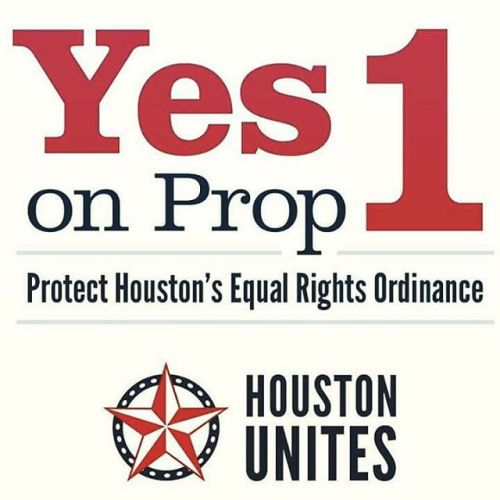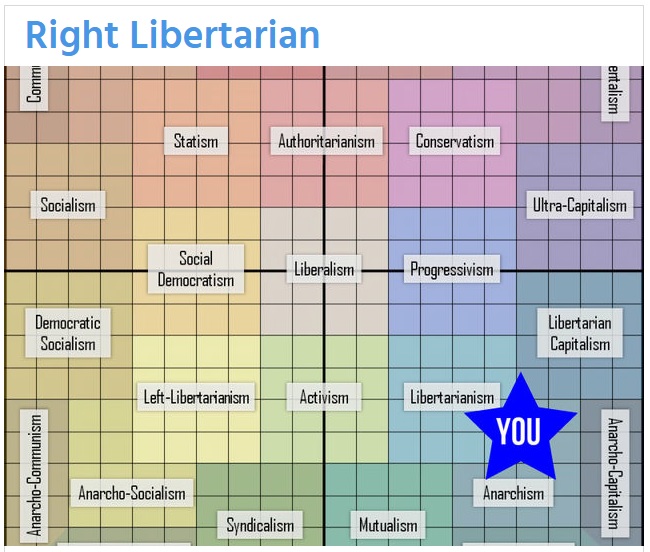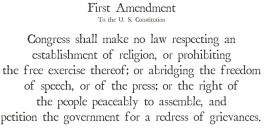What’s the fundamental problem with redistributionist economic policy?
As a libertarian, I would answer with a philosophical argument against coercion. I think it is immoral for vote-seeking politicians, using the threat of imprisonment, to rob Peter to subsidize Paul.
 But as an economist, the problem is incentives. Simply stated, redistribution from Peter to Paul undermines the incentive of either to produce. And the greater the level of plunder, as we see from extreme examples such as Venezuela and North Korea, the greater the damage.
But as an economist, the problem is incentives. Simply stated, redistribution from Peter to Paul undermines the incentive of either to produce. And the greater the level of plunder, as we see from extreme examples such as Venezuela and North Korea, the greater the damage.
This is a lesson that we should have learned from the earliest days of American history.
In a column for the Foundation for Economic Education, Richard Ebeling explains a very important lesson about incentives and human behavior. He begins by pointing out how the Pilgrims initially created a collectivist economic system.
The English Puritans…wanted to turn their backs on what they viewed as the materialistic and greedy corruption of the Old World. …they wanted to erect a New Jerusalem that would not only be religiously devout, but be built on a new foundation of communal sharing and social altruism. …all would work and share in common, knowing neither private property nor self-interested acquisitiveness.
But this system – what a shock – didn’t work.
What resulted is recorded in the journal of Governor William Bradford, the head of the colony. …The less industrious members of the colony came late to their work in the fields, and were slow and easy in their labors. Knowing that they and their families were to receive an equal share of whatever the group produced, they saw little reason to be more diligent their efforts. The harder working among the colonists became resentful that their efforts would be redistributed to the more malingering members of the colony. Soon they, too, were coming late to work and were less energetic in the fields.
Commenting about the downside of a system based on communal sharing, Richard shares a simple lesson in economics.
Because of the disincentives and resentments that spread among the population, crops were sparse and the rationed equal shares from the collective harvest were not enough to ward off starvation and death. Two years of communism in practice had left alive only a fraction of the original number of the Plymouth colonists.
And he also shows the economic lesson to be learned when the Pilgrims abandoned collectivism for private property.
Private ownership meant that there was now a close link between work and reward. Industry became the order of the day as the men and women in each family went to the fields on their separate private farms. When the harvest time came, not only did many families produce enough for their own needs, but they had surpluses that they could freely exchange with their neighbors for mutual benefit and improvement. …Hard experience had taught the Plymouth colonists the fallacy and error in the ideas of that since the time of the ancient Greeks had promised paradise through collectivism rather than individualism. …This is the lesson of the First Thanksgiving. …the triumph of capitalism over the failure of collectivism in all its forms.
The adverse consequences of 17th-century collectivism are examined in this video from Reason, which I try to share every Thanksgiving.
By the way, the Pilgrims weren’t the only early Americans to make the mistake of collectivist economics.
An article from the Mises Institute discusses a similar failed experiment in Jamestown.
The Jamestown colony in Virginia had similar experiences as they started under the same rules:
- They were to own nothing.
- They were to receive only as much food and clothing as they needed.
- Everything that the men secured from trade or produced from the land had to go into the common storehouse.
Of the 104 men that started the Jamestown colony in 1607 only 38 survived the first year and even those had to be marched to the fields “to the beat of a drum” simply to grow food to keep them alive in the next year.
Fortunately, the Jamestown settlers learned that socialism doesn’t work.
And when a system based on private property was created, the results were spectacular.
Captain John Smith writes after the common store concept was abandoned:
When our people were fed out of the common store, and labored jointly together, glad was he could slip from his labor, or slumber over his task he cared not how, nay, the most honest among them would hardly take so much true pains in a week, as now for themselves they will do in a day. … We reaped not so much corn from the labors of thirty, as now three or four do provide for themselves.
Gee, people produce much more when they keep the fruits of their labor. What a radical concept!
 On a more serious note, the lessons from Plymouth and Jamestown are the same lessons from France and Cuba.
On a more serious note, the lessons from Plymouth and Jamestown are the same lessons from France and Cuba.
The more government there is in a nation (imagine a spectrum of statism), the worse its economy will perform.
Let’s close with a Thanksgiving-themed addition to our collection of libertarian humor. This guy obviously prefers the moral argument against statism.
Not that I would recommend going overboard with libertarian intensity at a family gathering. Then you come across like the libertarian chicken, or the “missionary” from the 24-types-of-libertarians collage.
Just have friends and family sign up for International Liberty!




















 which just makes life harder for women in difficult circumstances. But we can all understand why there’s some degree of shame associated with stripping and hooking.
which just makes life harder for women in difficult circumstances. But we can all understand why there’s some degree of shame associated with stripping and hooking.









































